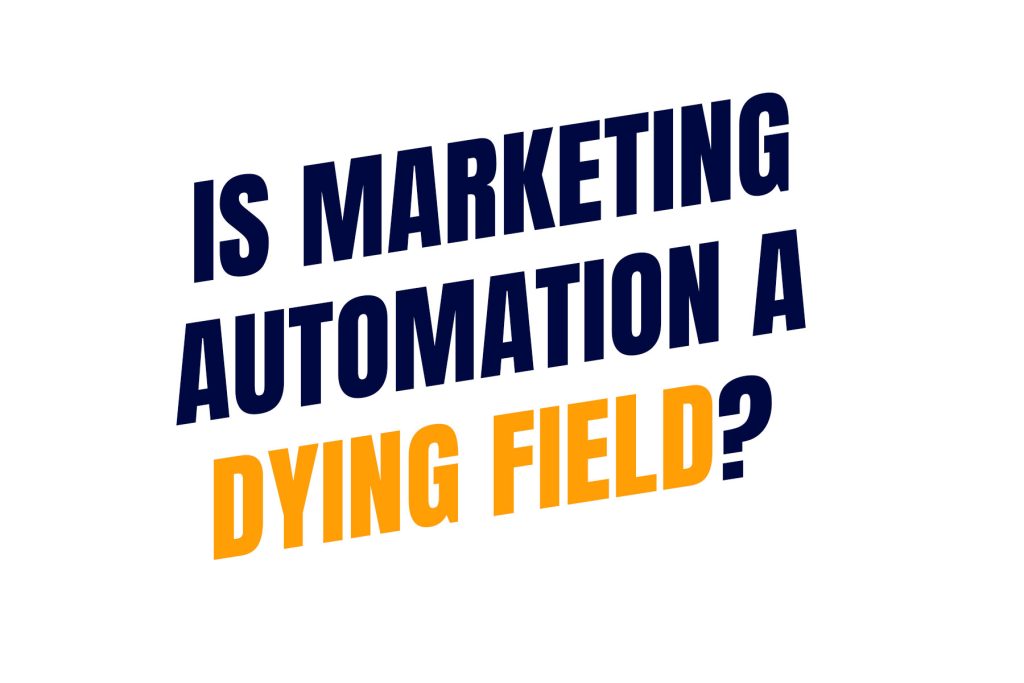In the ever-evolving world of digital marketing, trends come and go, and strategies shift like the sands of time. One question that often arises in this fast-paced industry is whether marketing automation, once hailed as a game-changer, is now a dying field. In this article, we’ll delve into the topic, debunk myths, and uncover the realities of marketing automation’s current state.
The Myths Surrounding Marketing Automation’s Demise
Myth 1: Marketing Automation is Outdated
One common misconception is that marketing automation has become obsolete due to the emergence of newer marketing technologies. However, the truth is that automation tools have evolved to encompass more features, making them more sophisticated and adaptable than ever.
Myth 2: Marketing Automation Leads to Impersonalized Marketing
Some critics argue that automation leads to impersonalized marketing campaigns. While over-automation can indeed result in generic messaging, when used correctly, automation allows for personalized, data-driven interactions at scale.
Myth 3: Marketing Automation Can Replace Human Marketers
Another fallacy is that automation can entirely replace human marketers. While automation streamlines processes and handles repetitive tasks, the creative and strategic aspects of marketing still require human ingenuity and insight.
The Realities of Marketing Automation Today
Reality 1: Marketing Automation Continues to Grow
Contrary to the myth of decline, the marketing automation industry is growing steadily. As businesses seek more efficient ways to engage with their audiences, automation tools remain an integral part of their strategies.
Reality 2: Integration with AI and Machine Learning
Marketing automation is incorporating AI and machine learning, making it more powerful and capable of delivering highly personalized content and recommendations. These technologies enhance customer experiences and drive better results.
Reality 3: Marketing Automation Enhances Efficiency
Automation helps marketing teams save time and resources by automating routine tasks such as email marketing, lead nurturing, and data analysis. This efficiency allows marketers to focus on more strategic initiatives.
Reality 4: Data-Driven Insights are Invaluable
Marketing automation platforms provide invaluable data and insights into customer behavior, which can inform marketing strategies. Businesses can leverage this data to make informed decisions and drive ROI.
Reality 5: Customer Expectations are Changing
In the age of digital marketing, customers expect timely, relevant, and personalized interactions. Marketing automation is essential for meeting these evolving customer expectations effectively.
Conclusion: The Evolution of Marketing Automation
Far from being a dying field, marketing automation is evolving to meet the changing demands of the digital landscape. It remains a crucial tool for businesses aiming to streamline their marketing efforts, enhance customer experiences, and drive results.
However, it’s essential to use marketing automation thoughtfully, avoiding the pitfalls of over-automation and impersonalization. Ultimately, the success of marketing automation lies in its integration with human creativity and strategy, allowing businesses to thrive in an ever-competitive digital marketplace.

